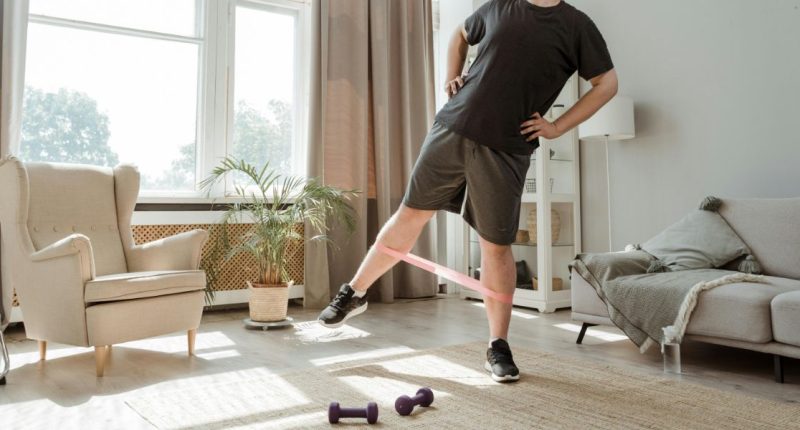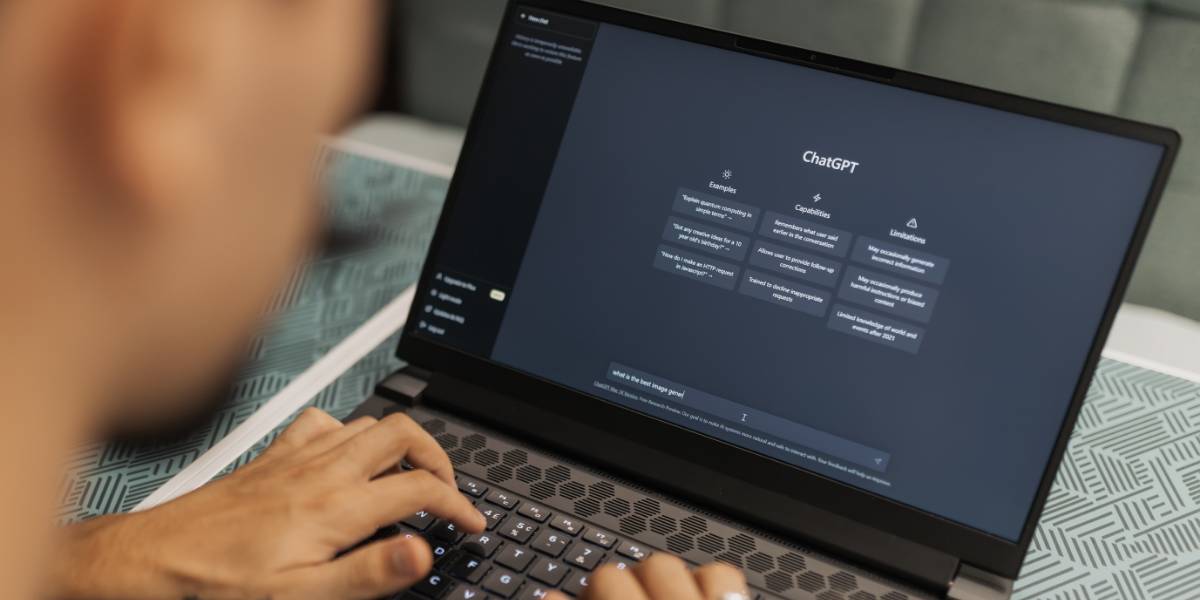People can accurately measure their age by monitoring how long they can stand on one leg, researchers have said.
Academics have found that examining your balance is a more accurate measure of ageing than looking at changes in strength or the pattern that you walk.
Prior research has found that good balance is key for older people who want to stay independent, as well as good muscle strength and efficient gait.
The leading cause of injuries among older people are unintentional falls, with most of these caused by a loss of balance.
- Walking 10,000 steps is good for our health after all
- Heart failure risk cut by a quarter in over-60s with 3,600 steps a day
- Living with type 1 diabetes since 1942:”have a balance“
A total of 40 individuals over the age of 50 took part in the trial, all of whom were healthy and independent. The researchers examined their grip and knee strength, balance and walking.
In order for the researchers to test their balance, the participants stood on force plates four times in different positions – both feet with eyes open, both feet with eyes closed, non-dominant leg with eyes open and dominant leg with eyes open.
Meanwhile, the academics measured grip strength with a customised device and knee strength with a specially designed test.
Each adult involved in the study also walked back and forth on an eight-metre level walkway at their own speed in order for the scientists to measure their gait.
First author Kenton Kaufman said: “Changes in balance are noteworthy. If you have poor balance, you’re at risk of falling whether or not you’re moving. Falls are a severe health risk with serious consequences.”
Good balance requires muscle strength, input from vision and signals from the inner ear and other sense organs.
- Less than 5,000 steps a day still associated with good health
- Outdoor exercise more beneficial than indoor exercise
- Study shows outdoor physical activity can combat type 2 diabetes and depression
The study said: “While grip and knee strength of the participants seemed to decline significantly by decade, the loss of this ability was not as much as of balance.”
According to the results, grip strength is better at predicting your age than knee strength because it decreases at a faster rate. Gait parameters did not change with age, the study has reported.
The authors said: “The duration an individual, whether male or female, can maintain balance on one leg emerges as the most reliable determinant of ageing.”
The study was published in the journal PLoS ONE.




